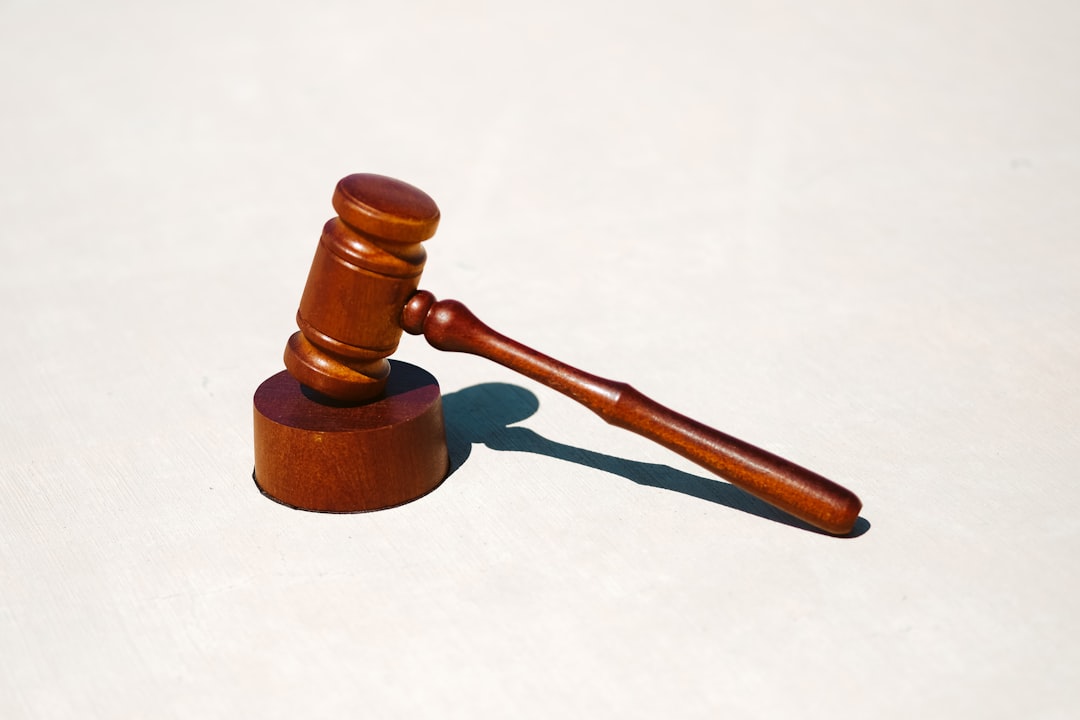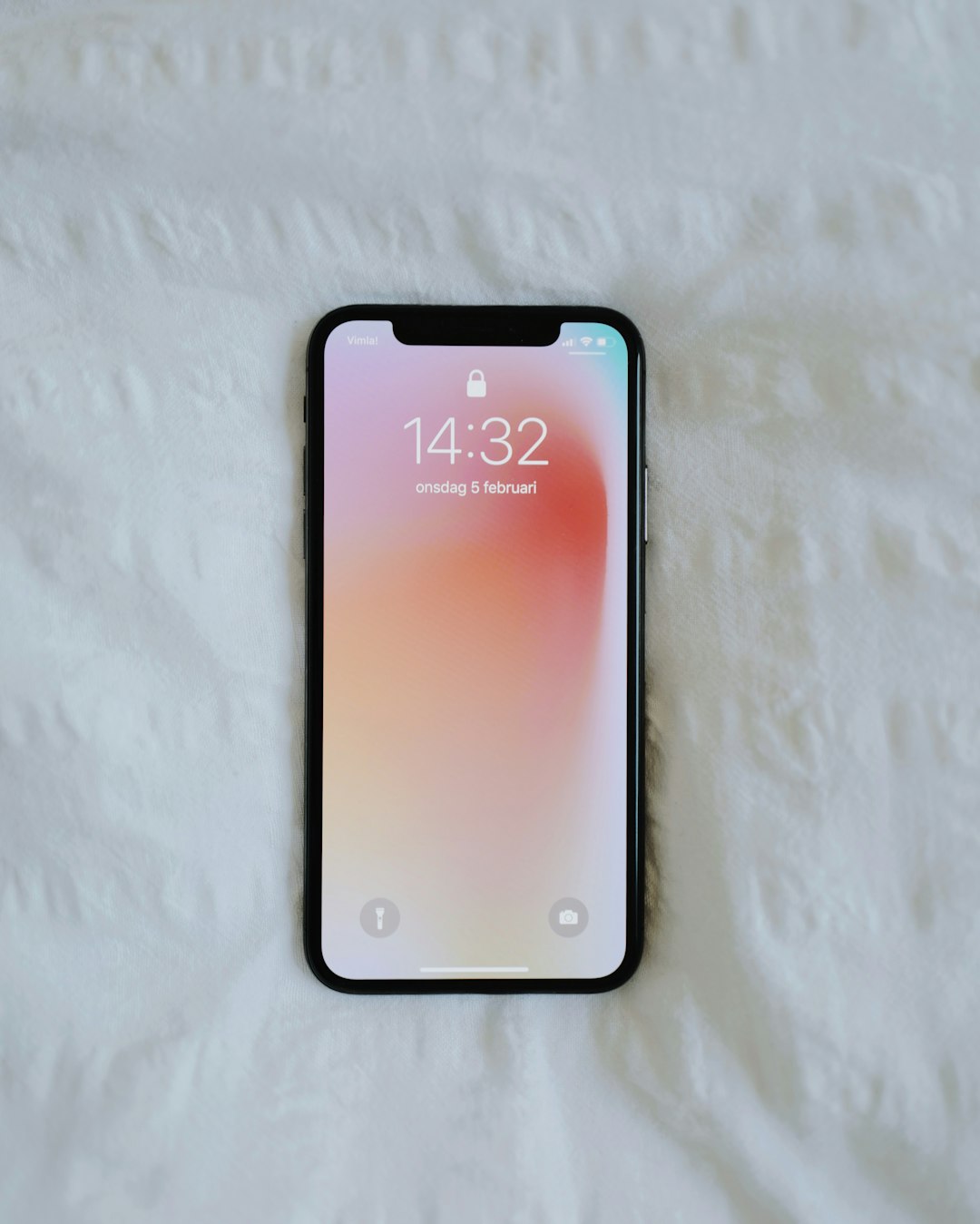Robocalls are a common nuisance in Houston and Texas, but residents have legal rights under the TCPA and TSR to protect against unwanted calls. Businesses can also take action under state laws to mitigate financial harm caused by robocalls. "Can I sue for robocalls Texas?" is a key question for both individuals and companies seeking to hold perpetrators accountable and stop abusive call practices.
In Houston, as across the nation, robocalls have become a ubiquitous—and often unwanted—part of daily life. This article delves into the economic impact of these automated calls on Houston’s business community. We explore the prevalence of robocalls in the city, analyze legal protections available under Texas law, and discuss the financial burden these calls impose on businesses. Additionally, we guide readers on their rights to sue for robocalls in Texas and potential compensation avenues.
Understanding Robocalls and Their Prevalence in Houston

Robocalls, automated telephone calls that deliver pre-recorded messages, have become increasingly prevalent in Houston and across Texas. While many serve legitimate purposes like marketing or informational updates, unwanted or fraudulent robocalls pose significant challenges for residents. These calls can be particularly bothersome due to their frequency and the potential for scams, leading many Houstonians to wonder if they can sue for robocalls in Texas.
In recent years, consumer protection laws have been implemented to mitigate the issue, including the Telemarketing Sales Rule (TSR) and the Telephone Consumer Protection Act (TCPA). These regulations give consumers the right to file complaints against companies making unsolicited calls. If you’ve received disturbing or harassing robocalls in Houston, understanding your rights under these laws is crucial, as it might provide a legal path forward—including the potential for financial compensation—if the calls were illegal.
Legal Protections Against Unwanted Calls in Texas

In Texas, including Houston, there are robust legal protections in place to safeguard residents from unwanted robocalls. The Telephone Consumer Protection Act (TCPA) is a federal law that restricts the practices of automated dialing systems and prerecorded messages, specifically aiming to curb excessive robocalls. Texans also benefit from state-level regulations that further protect against these intrusive calls.
If you’ve received robocalls in Houston, know that you have rights. The TCPA allows individuals to sue for damages if they’ve been affected by unsolicited telemarketing calls. This includes the right to seek monetary compensation for each violation, making it possible to sue for robocalls you’ve received without consent. Such legal actions can serve as a powerful deterrent against companies engaging in abusive call practices.
The Economic Burden: Costs and Impact on Businesses

The economic burden of robocalls, or automated telephone calls, on businesses in Houston is significant and multifaceted. While the cost of blocking such calls is a direct expense for companies, the true impact goes beyond financial losses. Robocalls can disrupt business operations, reduce productivity, and damage customer relationships, hindering growth and competitiveness. This is particularly acute for small businesses with limited resources to dedicate to call management.
In Texas, as in many states, there are laws against unwanted robocalls, such as the Telephone Consumer Protection Act (TCPA). If a business can demonstrate that it has suffered financial harm or been placed under significant stress due to robocalls, it may be eligible to take legal action. The question of “can I sue for robocalls Texas?” is not merely academic; it’s a critical consideration for Houston businesses looking to mitigate the economic impact of automated calls and protect their interests.
Suing for Robocalls: Rights and Potential Compensation

In Houston, as in many parts of Texas, consumers have rights when it comes to robocalls. If you’ve been plagued by unwanted automated phone calls, you may consider taking legal action. Suing for robocalls is an option available to those who feel their privacy has been invaded or if the calls have caused significant distress.
Texas laws protect residents from excessive robocalls. According to the Texas Business and Commerce Code, telemarketers must obtain written consent before calling a consumer. If you’ve received robocalls without your permission, you may be eligible for compensation. Potential damages can include not only the cost of the calls but also emotional distress caused by the invasion of privacy. Consulting with an attorney specializing in consumer protection laws is crucial to understand your rights and determine if filing a lawsuit against the culprits behind these calls is the best course of action.






